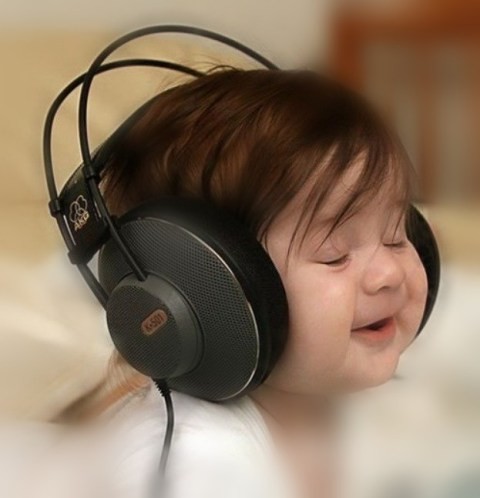
Made up of energetic vibrations, music is like language for the soul. It is universal, and can evoke emotion in anyone regardless of nationality, religion, or musical preference.
Music has been present throughout our history, taking a central role in everything from ancient primal rituals to elegant Victorian dinners, all with the same purpose: to create an atmosphere, to express through sound and reflect the environment.
Many studies have been conducted to better understand music, and now, Dr. Daisy Fancourt is continuing the search.
On September 8th, she presented the findings of her research at the British Science Festival.
This professor from The Royal College of Music and Imperial College London hilariously explained that “historically, music has been likened to an auditive cheesecake: an exquisite confection crafted to tickle our senses, a treat, but ultimately useless.”
While her explanation is humorous, wouldn’t most people generally disagree? If you’re feeling upset, music can be an amazing tool to bring your energy back up.
If you’re experiencing pure joy, music can act like a carrier to amplify that feeling. But up until recently, scientists had agreed that music doesn’t serve any real purpose beyond enjoyment.
Yet studies show that music affects us physically too, able to give us chills or create deep, tangible feelings within us.
Over time, more studies came out demonstrating how music can actually help with the development of babies’ brains.
This is when the opinion of music’s purpose started to shift and scientists could more openly accept the palpable effect music can have on people.
Dr. Fancourt was exploring the link between music and the hormones that are related to stress. It’s been found that listening to music can profoundly impact different mental health conditions.
Anything from schizophrenia and bipolar disorder to simply having a low mood can be eased with certain types of music.
During a stressful situation, our body produces two hormones, cortisol and adrenaline, to help fight the cause of stress. Yet these were meant to help us flee from an approaching tiger or other physical dangers, not deal with the daily psychological stress modern life places on us. Our stress hormones are constantly being activated, to our detriment.
Yet her findings showed that adrenaline and cortisol levels in our blood drastically drop after singing for an hour, or simply just listening to calming music.
This doctor calls these findings “blatantly obvious,” because really, don’t we already know this? Do we need official studies to prove we feel better after listening to some of our favourite music?
Perhaps some people need proof in the form of conducted experiments and typed out essays rather than their own feelings to understand the true influence of music.
But, it does get a bit more interesting. These two stress related substances impact our immune system, too, and so Dr. Fancourt wanted to take her findings to the next level and see if music can actually directly boost our immune system and help fight infections.
She did this by measuring compounds known as cytokines, which are like messengers for our immune system. They travel around our body, helping immune cells communicate with each other.
Dr. Fancourt says music can indeed change and increase our cytokines, which in turn boosts our immune system. She conducted a simple experiment where she measured cytokines levels after participants sang. After an hour of singing, volunteers had significantly more cytokines in their blood.
The more cytokines in our blood, the more communication there is between cells, and the more our immune system gets boosted.
So, be the judge for yourself. The next time you feel low in energy, try singing for an extended period of time and see if you feel any difference!
Check out the original study here.
Click Here For More Articles

No comments:
Post a Comment